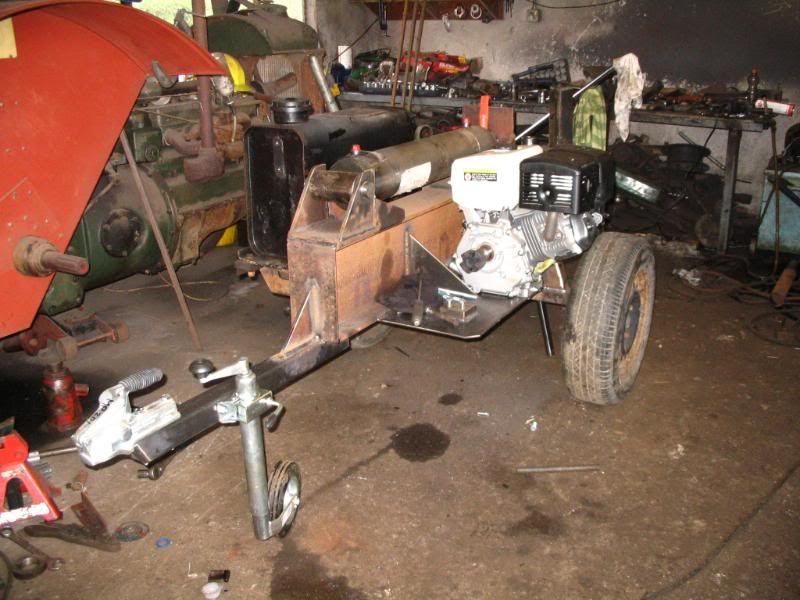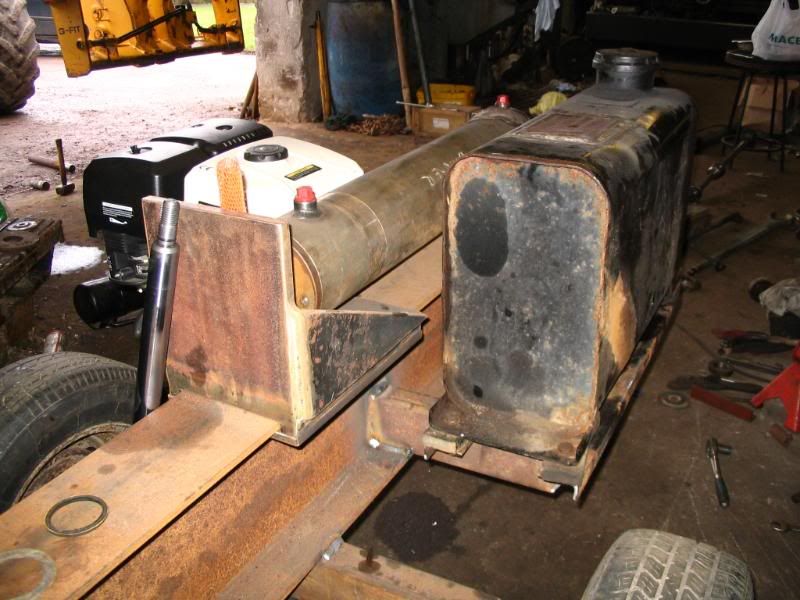I'm in the market for my first hydraulic splitter, and I have some questions about what I've been seeing.
The Huskee models at TSC have the hydraulic reservoir going the length of the axle. Are there any disadvantages to this configuration as opposed to a side reservoir?
I also noticed that the Huskees don't have a full axle. I'm guesssing that a model with a full axle would be more durable. Is this correct thinking?
The Huskee models at TSC have the hydraulic reservoir going the length of the axle. Are there any disadvantages to this configuration as opposed to a side reservoir?
I also noticed that the Huskees don't have a full axle. I'm guesssing that a model with a full axle would be more durable. Is this correct thinking?
Last edited:







